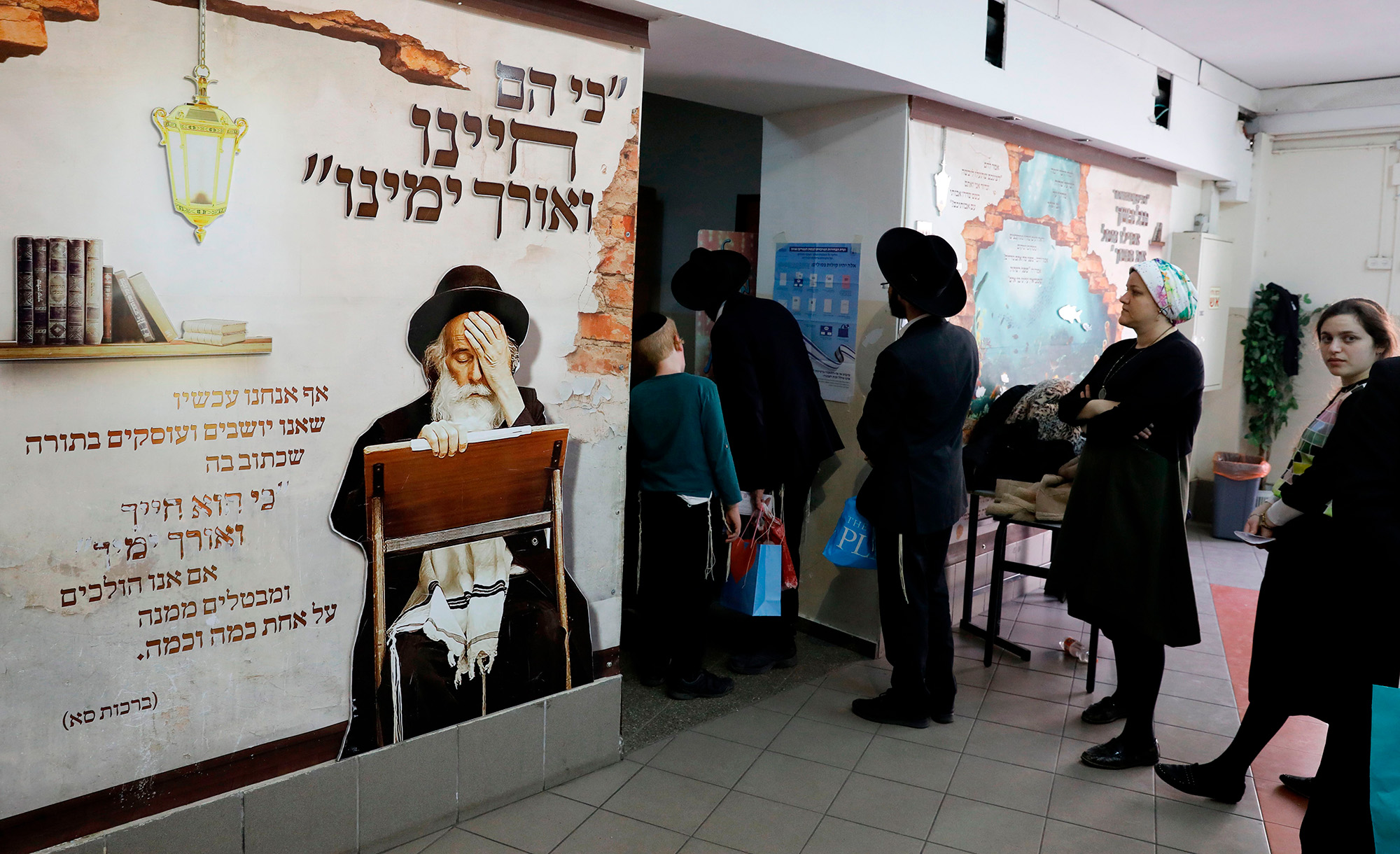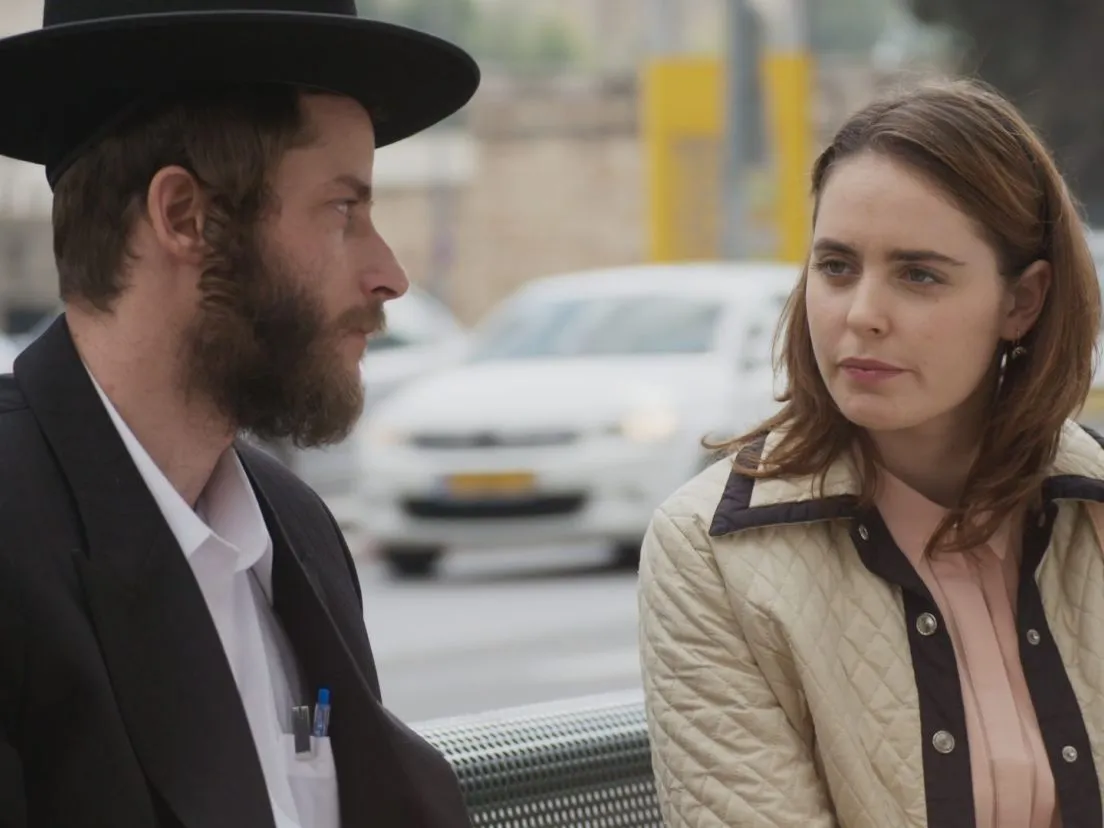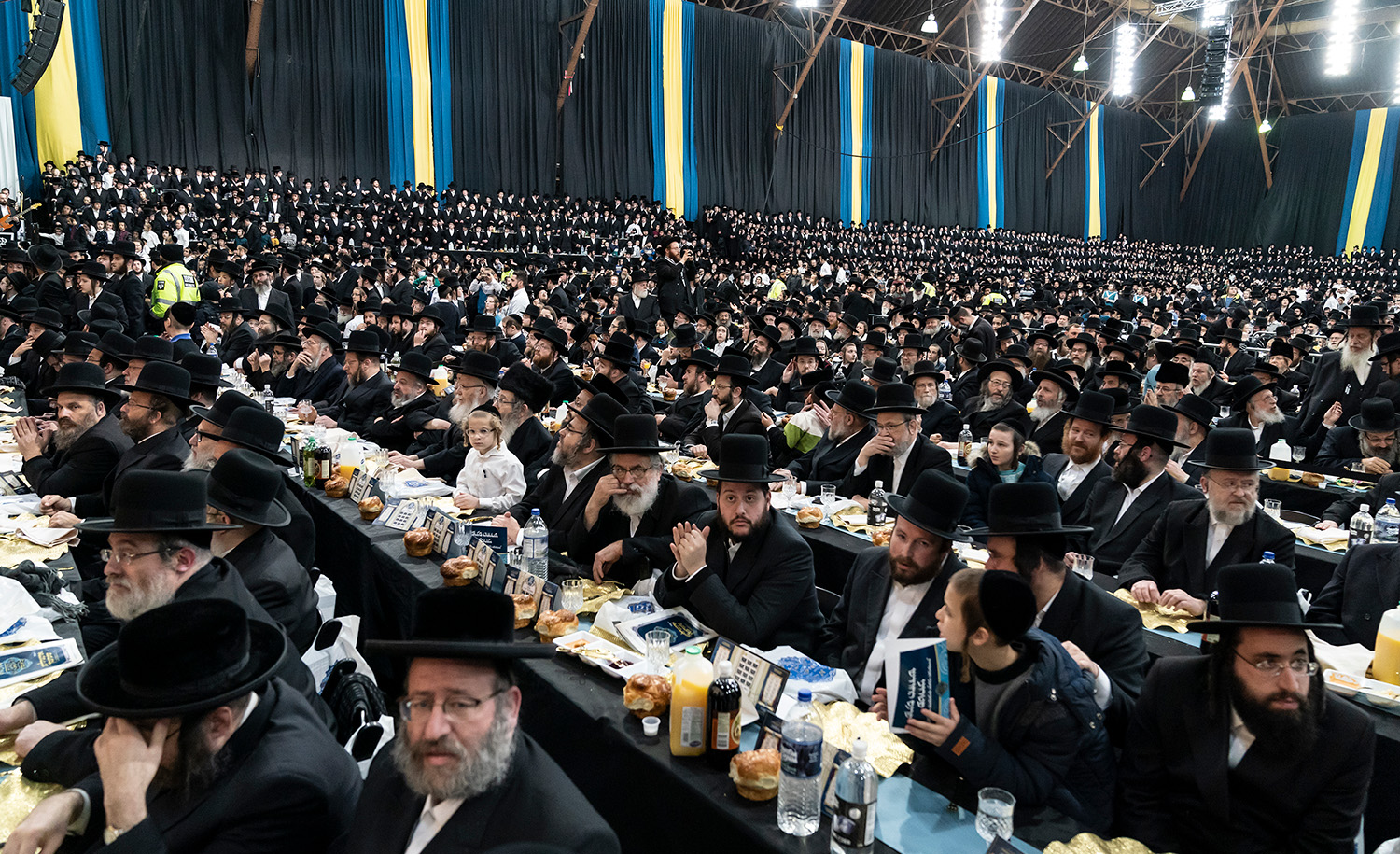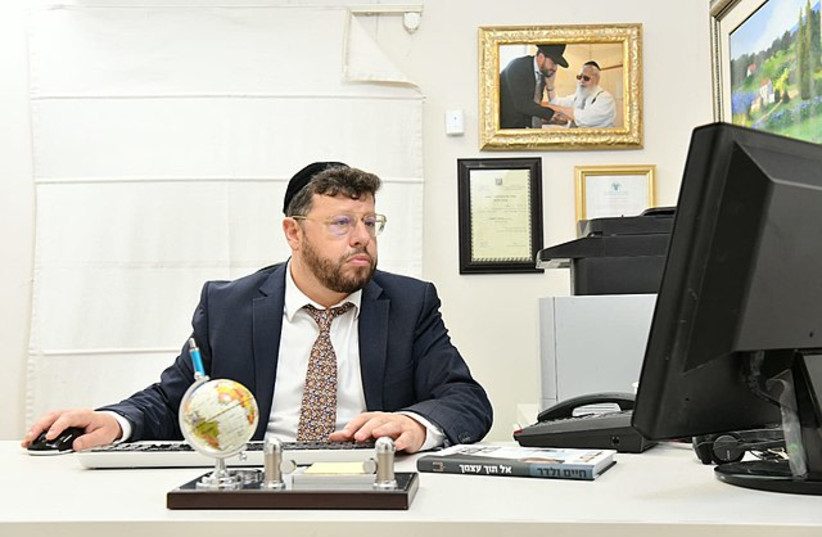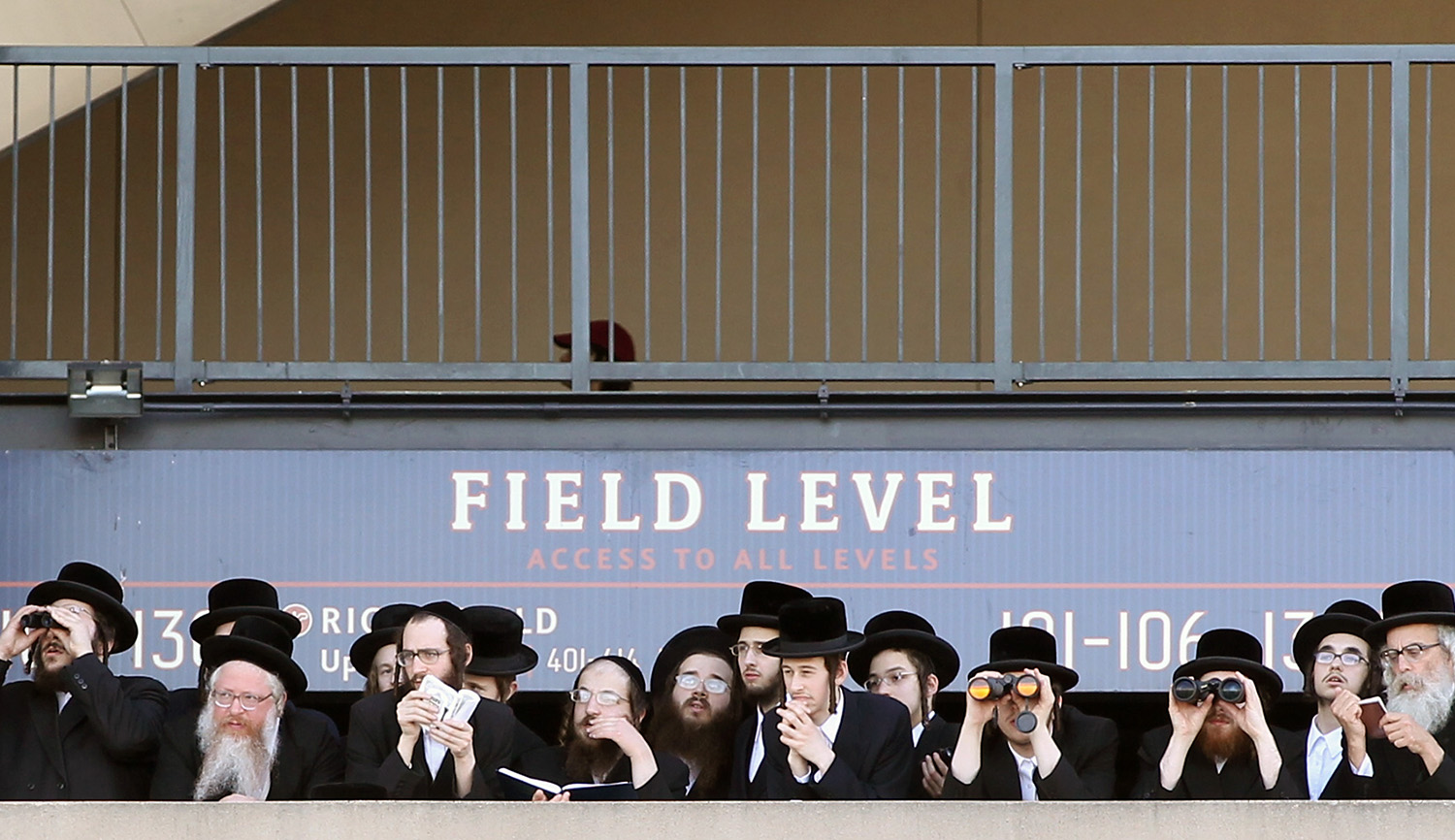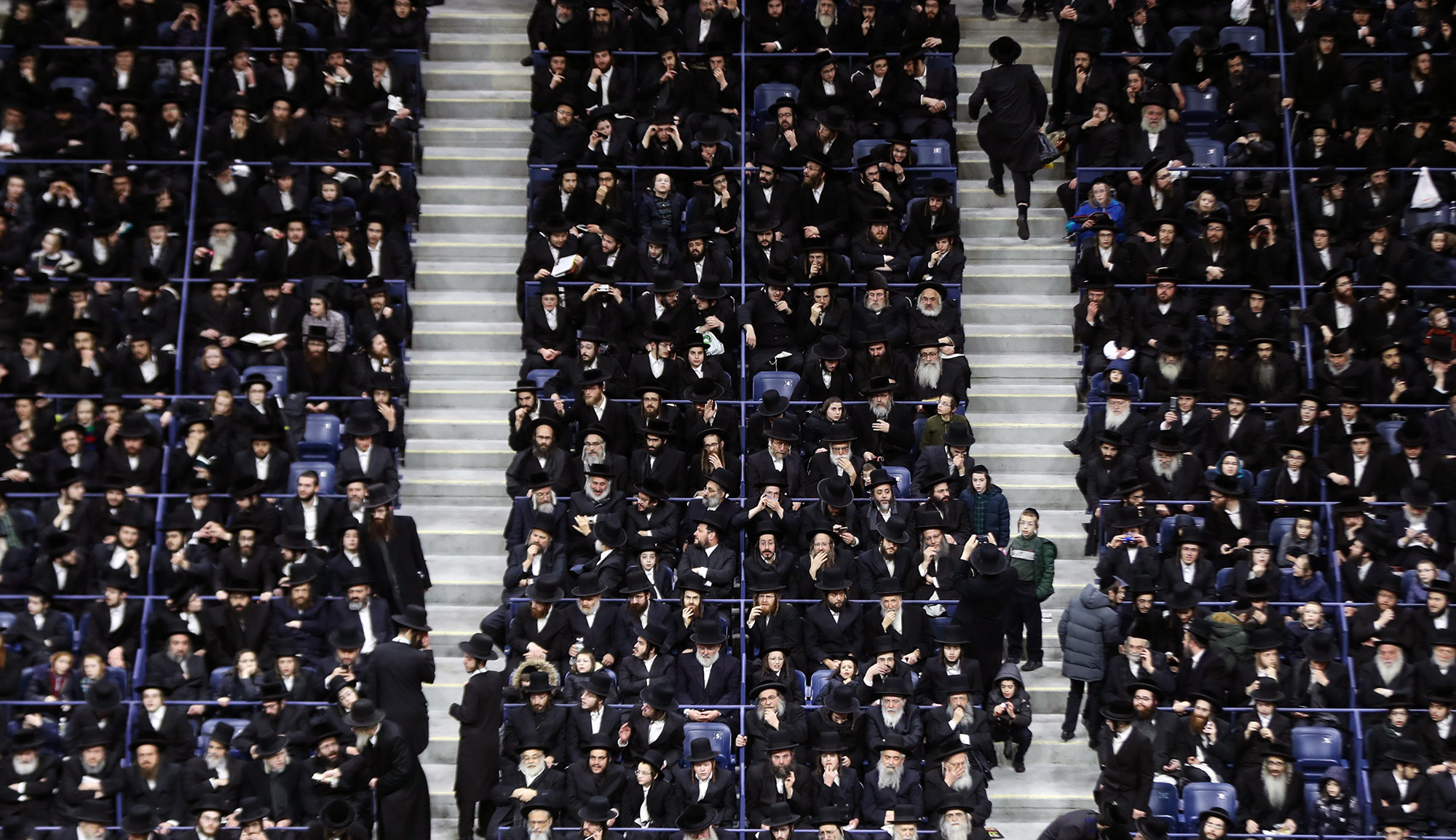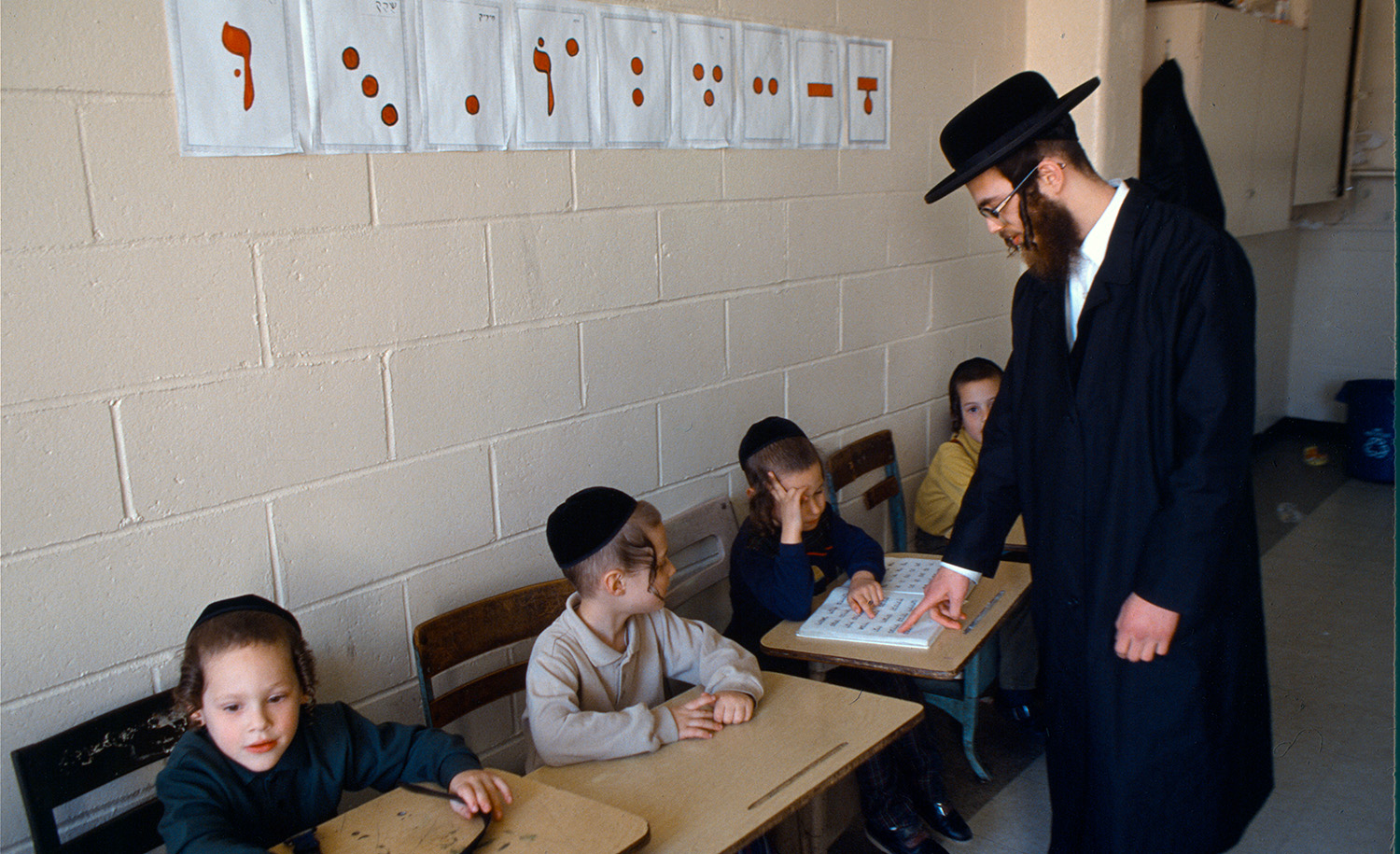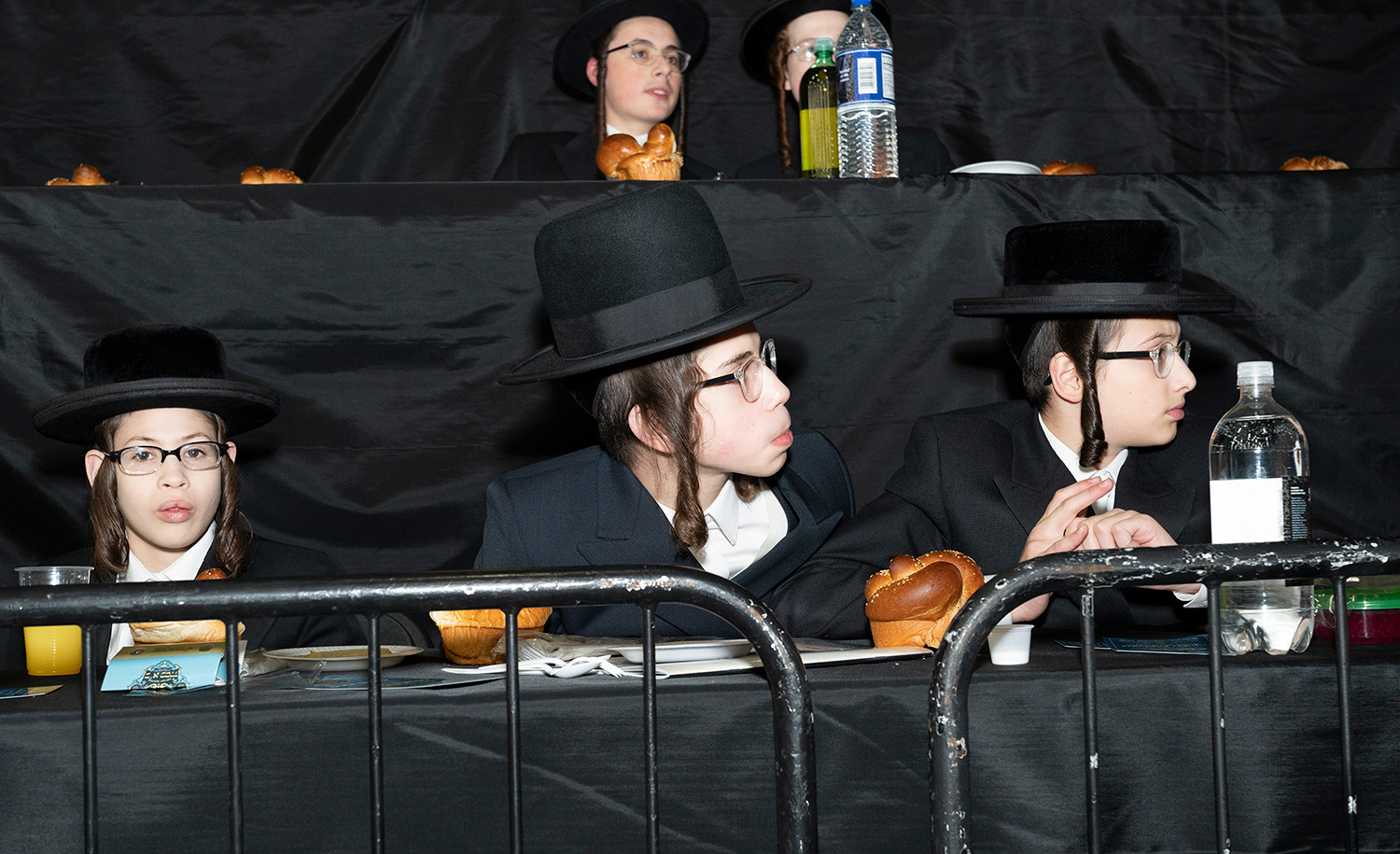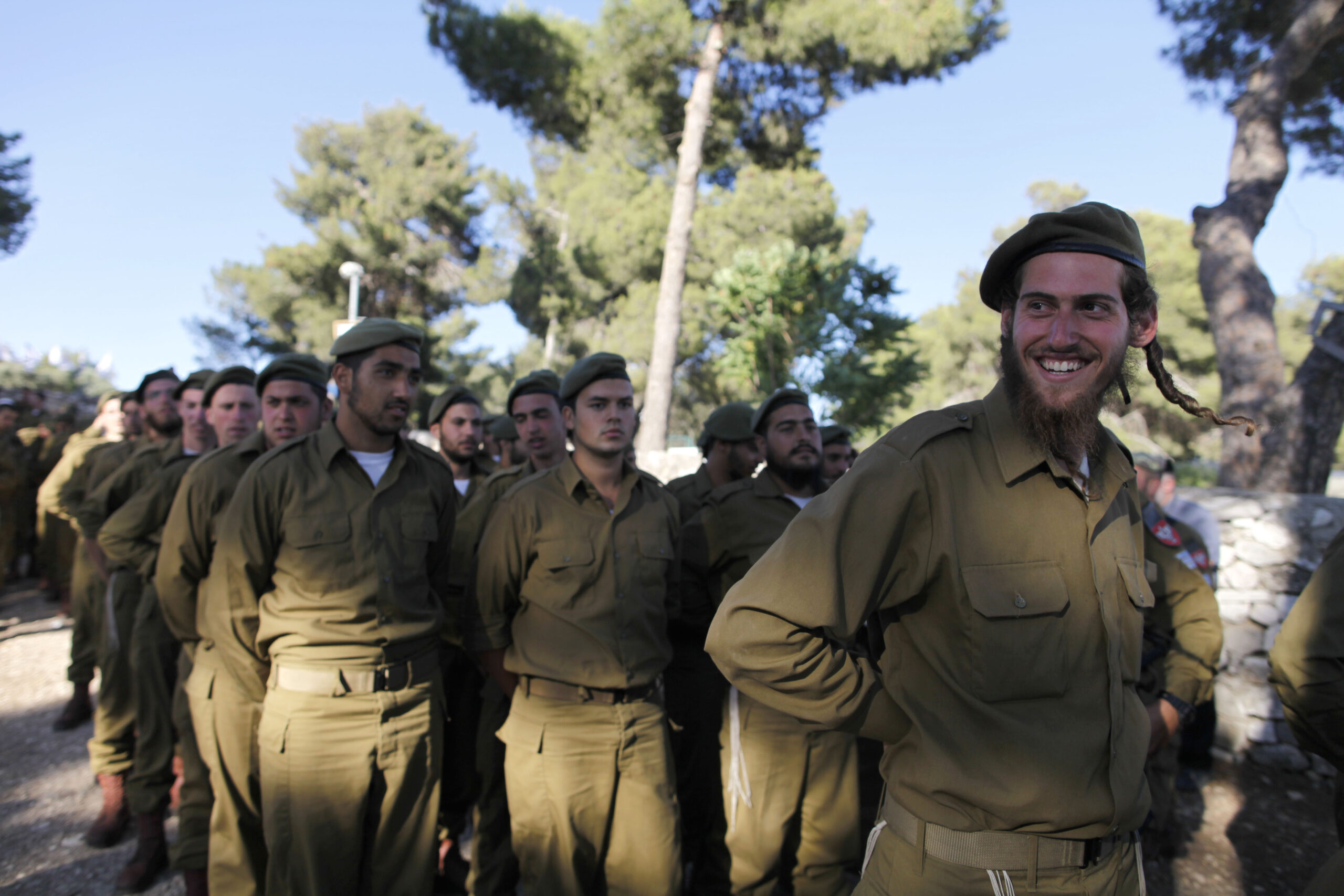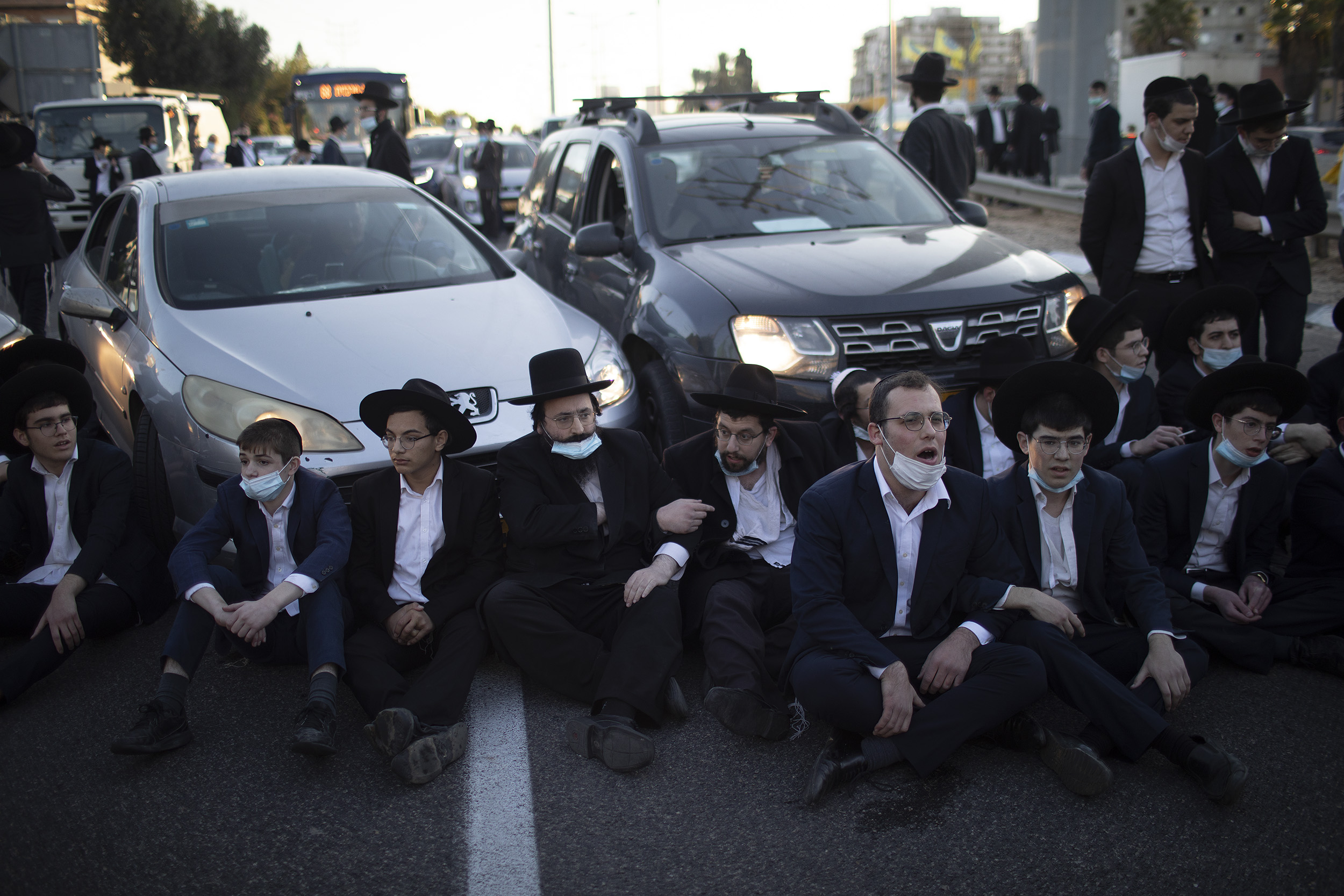Ultra-Orthodox
What were 27,000 ḥaredi men doing in a sports arena in Philadelphia last week, and what does it reveal about their world?
One of the show’s main pleasures has to do with which of the four languages spoken by its main characters—Yiddish, Flemish, French, and English—they use with whom.
There’s no plan to impose religious strictures on the secular public.
Ultra-Orthodox Jews no longer vote in blocs and are now enthusiastic participants in national ideological movements. They may rue the change.
Everyone from Netflix to the Forward is fascinated by the ḥaredi matchmaking system because it rejects liberal norms. Here’s what they’re missing.
How did a small Transylvanian movement become the most powerful player in worldwide ultra-Orthodoxy?
The recent decision to stop selling the books of a disgraced Orthodox children’s author reflects a pre-liberal sensibility worth recovering.
Missed the live event? Catch the recording here of Eli Spitzer speaking live on the rising influence of haredi Judaism with a journalist, a researcher, and a haredi rabbi.
The balance of power in the Jewish world is shifting to the ultra-Orthodox. Can conflict with the current establishment be avoided?
Incentivizing better Orthodox schooling is less legally fraught, more politically appealing, and more likely to succeed in practice than forced regulation.
Those who defend ḥasidic yeshivas against increasing state regulation have conjured up an unrecognizable fairy-tale world. But the arguments of the state’s defenders are even worse.
The Israeli director and the American rabbi team up to discuss her groundbreaking film about marriage and Jewish life.
Why do Israel’s ultra-Orthodox Jews so adamantly decline to serve in the military—and could that change? A communal leader walks us through the deliberations taking place.
The coronavirus has dramatized the tensions in Israeli society. This week, a ḥaredi communal leader joins us to chart a path forward.



